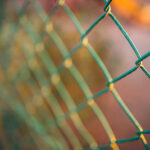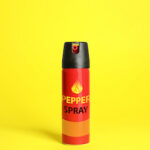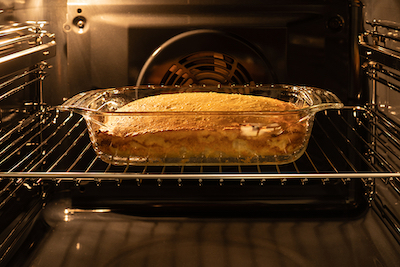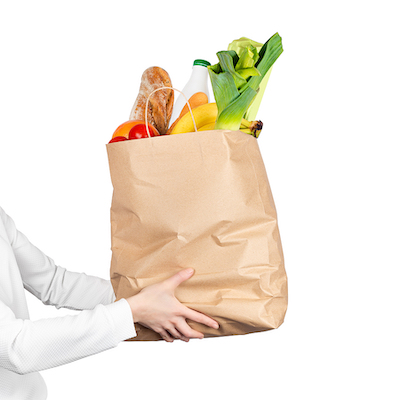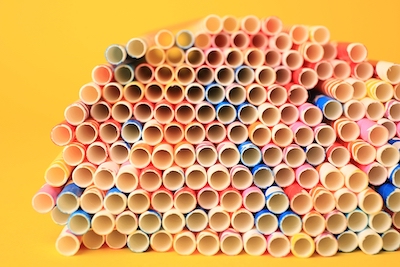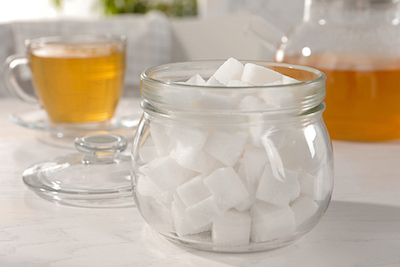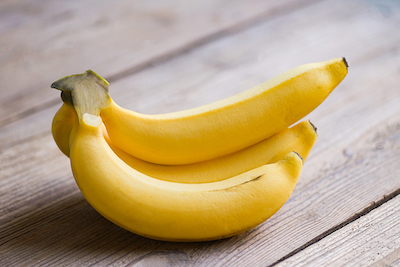Baking is a popular hobby and pastime for many people, and choosing the right baking pan is an important decision. There are two main types of baking pans: glass and metal. Both materials have their pros and cons, and choosing between them depends on the type of baked goods you plan to make and your personal preferences. In this article, we’ll compare glass and metal baking pans to help you decide which one is right for you.
Glass Baking Pans
Glass baking pans are made from tempered glass, which is heat-resistant and durable. Glass is a good conductor of heat, which means it distributes heat evenly and consistently. This is great for baking items that require a consistent temperature, such as cakes, breads, and casseroles. Glass pans are also non-reactive, so they won’t react with acidic ingredients, such as citrus or tomato sauce, which can affect the taste and color of your baked goods.
Another advantage of glass baking pans is that they’re transparent, which makes it easy to check on the progress of your baking without having to remove the pan from the oven. You can easily see if your baked goods are browning evenly and if they’re cooked through. This can be especially helpful when you’re trying to avoid over-baking or under-baking.
Glass baking pans are also dishwasher safe, which makes cleaning up a breeze. They’re also easy to store, as they’re stackable and don’t take up much space in your cupboard.
However, there are also some disadvantages to glass baking pans. Glass is a fragile material and can break if dropped or bumped. They also take longer to heat up and cool down than metal pans, so you may need to adjust your baking time accordingly. Additionally, glass pans can become hot to the touch, so it’s important to use oven mitts when handling them.
Metal Baking Pans
Metal baking pans are made from aluminum, steel, or cast iron, and come in a variety of shapes and sizes. Metal pans are great for baking items that need a crispy or golden crust, such as cookies, brownies, and pastries. Metal is a good conductor of heat and distributes it quickly, which is why metal pans are often preferred for items that require a crispy crust.
Metal baking pans are also durable and long-lasting, and they’re not as fragile as glass pans. They’re also lightweight and easy to handle, which makes them great for removing from the oven. Metal pans are also dishwasher safe, making cleaning up a breeze.
However, there are also some disadvantages to metal baking pans. Metal is a reactive material, which means it can react with acidic ingredients and affect the taste and color of your baked goods. Metal pans can also scratch or dent easily, which can affect their performance over time. Additionally, metal pans can become hot to the touch, so it’s important to use oven mitts when handling them.
Both glass and metal baking pans have their pros and cons, and choosing between them depends on the type of baked goods you plan to make and your personal preferences. Glass baking pans are great for baking items that require a consistent temperature, such as cakes, breads, and casseroles, and they’re also non-reactive and easy to clean. Metal baking pans are great for baking items that need a crispy or golden crust, such as cookies, brownies, and pastries, and they’re also durable and long-lasting.
Ultimately, both glass and metal baking pans can produce great results, so it’s important to consider your specific needs and preferences when choosing between them. If you’re a beginner baker, it may be helpful to start with a metal pan and then try a glass pan once you’re more comfortable with baking. This way, you can get a feel for both materials and determine which one works best for you.





